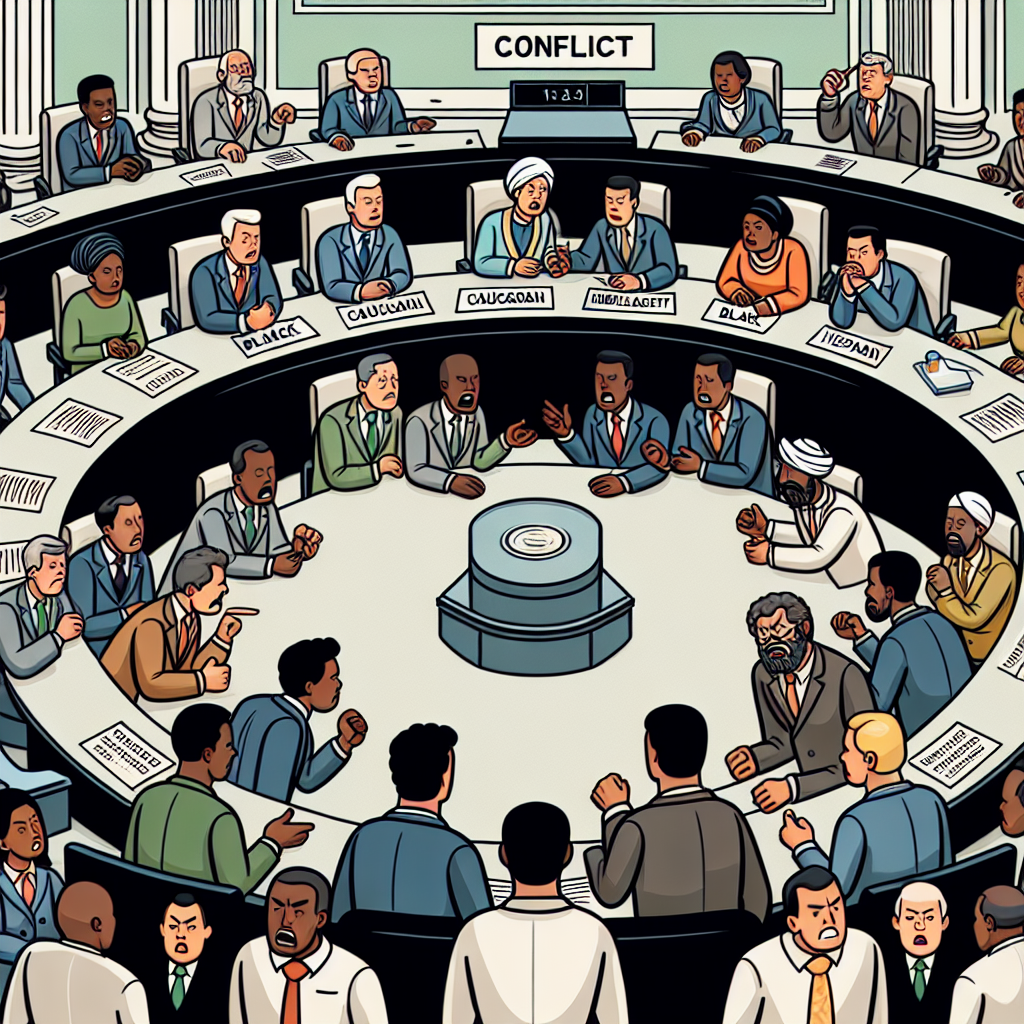West Asian Conflict Escalation Impacting Global Trade Dynamics
The escalating conflict in West Asia is driving up logistics and insurance costs, affecting trade in key sectors like oil, electronics, and agriculture. The Iran-Israel conflict could disrupt oil supplies and trade routes, thereby increasing global economic volatility. Indian exports have already faced significant declines due to these tensions.

- Country:
- India
The escalating conflict in the West Asian region is poised to push logistics costs even higher, causing substantial harm to trade across various sectors including oil, electronics, and agriculture, according to exporters.
Experts also highlight that insurance costs for exports to nations directly engaged in the conflict could rise, exerting pressure on Indian exporters' working capital. Think tank Global Trade Research Initiative (GTRI) reports that the ongoing conflict is already negatively affecting India's trade with countries such as Israel, Jordan, and Lebanon.
The Federation of Indian Export Organisations (FIEO) warned that the Iran-Israel conflict could severely impact global trade and the economy. 'Iran is crucial in the oil market; any conflict escalation can disrupt oil supplies, raise prices, and impact global economies, especially those dependent on oil imports,' stated FIEO DG Ajay Sahai.
Sahai expressed concerns about destabilizing the Middle East, potentially affecting trade routes like the Strait of Hormuz, a critical passage for the world's oil. 'Disruptions could lead to higher shipping costs and delays, impacting global supply chains across industries from electronics to agriculture,' he added.
The risk of Western sanctions or trade restrictions could further complicate global trade dynamics, leading to increased market volatility, he said. Hand Tool Association Chairman S C Ralhan echoed these concerns, noting that trade with conflict-zone countries is becoming increasingly risky and challenging.
GTRI Founder Ajay Srivastava reported significant declines in India's trade with nations impacted by the conflict, including a 63.5% drop in exports to Israel and a 38.5% fall in exports to Jordan. The Israel-Hamas conflict, which erupted in October 2023, has now extended to Lebanon and Syria, indirectly affecting Jordan and Iran.
India's exports and imports with Iran, Jordan, and Lebanon have all faced considerable disruptions, further stressing the fragile state of global trade amidst regional tensions. India's primary exports to West Asia, including basmati rice, man-made yarn, and electronics, are under pressure. Despite these challenges, India remains Israel's second-largest trading partner in Asia, with bilateral trade dominated by diamonds, petroleum products, and chemicals.
(With inputs from agencies.)
ALSO READ
Skyrocketing Insurance Costs for Red Sea Shipping Amid Houthi Attacks
India Urges Restraint Amid Escalating Iran-Israel Conflict
Geopolitical Tensions Shake U.S. Markets: Investors Flock to Safe Havens Amid Iran-Israel Conflict Fears
Geopolitical Tensions Shake Global Markets Amid Iran-Israel Conflict










